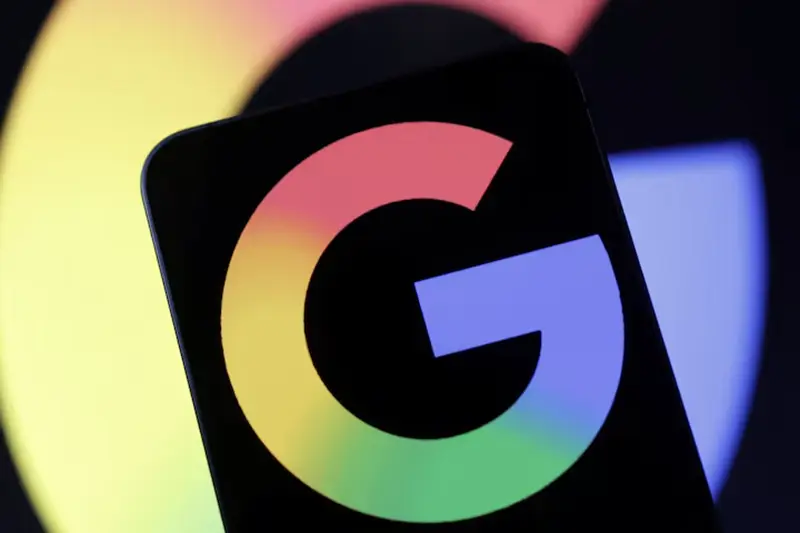

By Jody Godoy
May 30, 2025 – 7:40 AM PDT

WASHINGTON (Reuters) – A judge asked the U.S. Department of Justice on Friday how much room there would be for new search engines to emerge given the rise of artificial intelligence, as antitrust enforcers press for Alphabet’s Google (GOOGL.O) to take dramatic measures to restore competition in online search.
U.S. District Judge Amit Mehta is overseeing the trial over proposals to remedy Google’s search monopoly. If he approves the DOJ proposals, artificial intelligence companies could get a boost after already rattling Google’s status as the go-to tool to find information online.
Mehta asked DOJ attorney David Dahlquist during closing arguments in Washington whether AI should be considered a way to access search, or as a kind of competing technology.
“Do you think someone is going to come off the sidelines and build a new general search engine in light of what we are seeing?” Mehta asked.
Dahlquist replied that search isn’t going away, and that the DOJ’s proposed remedies are designed to keep Google from blocking AI-based competitors. A witness from OpenAI testified in the case that the ChatGPT creator is years away from its goal of being able to use its own search technology to answer 80% of queries.
John Schmidtlein, an attorney for Google, said at the hearing that while generative AI is influencing how search looks, Google has addressed any concern about competition in AI by no longer entering exclusive agreements with wireless carriers and smartphone makers including Samsung Electronics (005930.KS), leaving them free to load rival search and AI apps on new devices.
The DOJ and a coalition of states are pressing to make Google go further, by selling its Chrome browser, sharing search data and cease multibillion-dollar payments to Apple (AAPL.O) and others to be the default search engine on new devices.
Dahlquist said that the remedies are designed to pry open markets for online search engines and related advertising as well as restore competition that Google’s conduct has “fundamentally broken.”
Google says the proposals go far beyond what is legally justified by the court’s ruling, and would give away its technology to competitors.
The trial on the proposals began in April. Mehta has said he aims to rule on the proposals by August.
If the judge does require Google to sell off Chrome, OpenAI would be interested in buying it, Nick Turley, OpenAI’s product head for ChatGPT, said at the trial.
OpenAI would also benefit from access to Google’s search data, which would help it make responses to user inquiries more accurate and up to date, Turley said.
Reporting by Jody Godoy in Washington; Editing by Richard Chang, Mark Porter and Chizu Nomiyama
